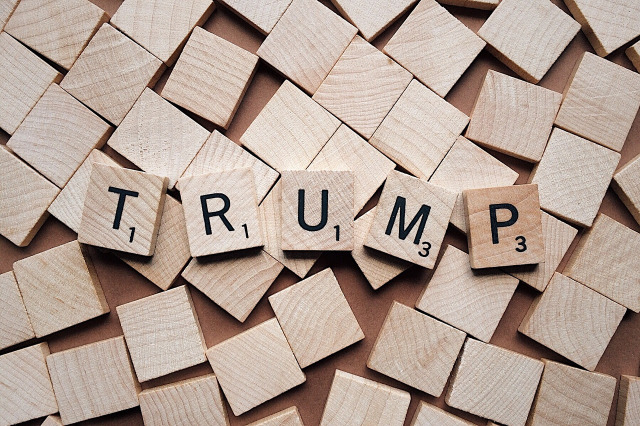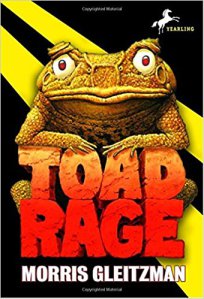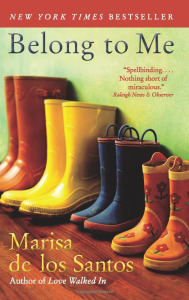
In general, the internet has allowed our world to grow in terms of global communication tremendously. Of all the social media platforms available today, Twitter is one of the most popular, especially amongst political candidates. “In 2016, 44% of U.S. adults reported having learned about the 2016 presidential election in the past week from social media, outpacing both local and national print newspapers” (Pew Research Center, 2016). In comparison to previous election years, this is a pretty significant change in the way our world is choosing to receive its information. For most “people, especially in the United States, social media is the easiest and most convenient way to receive news. Social media seems to be a means of connecting in the hopes of receiving real information. While this is not to indicate that all tweets and posts are inaccurate, the growth of social media is beginning to treat users more like an ‘audience’ instead of an inclusive group with opinions that are being addressed appropriately. According to Shirky, “growth in group size alone is enough to turn a community into an audience, social software, no matter what its design, will never be able to create a group that is both large and densely interconnected” (Shirky, 2002, p. 1). We see this playing out in the world of Twitter. So many people turn to this particular platform to receive any and all information, making it a very powerful source to users. Unfortunately, the more popular these types of social media sites become, the less personal they will feel to its users.
Hamby addresses the issue of the lack of experience that political reporters now possess. It seems that more and more political candidates are turning to social media to make their mark on the public. “More and more, the mainstream political press is being cut out of the election process, raising questions about the value of being a reporter” (Hamby, 2013, p. 5). Interestingly enough, we saw this to be true in the most recent election. While Clinton, Sanders, and Trump all had active social media accounts, Trumps were the most successful with the public. While both Clinton and Sanders focused more on linking their followers back to their campaign pages, Trump focused moreso on connecting his followers to the news media online. Essentially, he relied less on reporters and his campaign team and strived to direct his followers to material that was already floating around in the media that was available to him. In the end, this gave Trump the upper hand in terms of retweets, comments, follows, and Facebook reactions. Could it be that the way Trump utilized social media was one of the main reasons he won the election?
Lastly, I want to address the way Trump handled the public in terms of social media. McGonigal states that “The economy of engagement is also an economy of feelings, in which positive emotions—pride, curiosity, love, and feeling smart—are the ultimate reward for participation” (2008, p. 16). Trump played on these “feelings” as McGonigal states. Over time, our world has been brainwashed to believe that money is the root of all motivation. Of all people for this statement to fall on, it would be Donald Trump. However, he proved us wrong in terms of the election. Of all the candidates, he was the one to engage with the public most. He took the time (or maybe people he hired took the time, which would be ironic) to answer the public and post what they were saying. He cared more about the people following him than his campaign. Do you feel like his engagement with the public was sincere? Did you notice that Trump seemed to be the most prominent presidential candidate on Twitter during election season?
Candidates differ in their use of social media to connect with the public. (2016, July 18th). Retrieved from http://www.journalism.org/2016/07/18/candidates-differ-in-their-use-of-social-media-to-connect-with-the-public/
Advertisements Share this:




